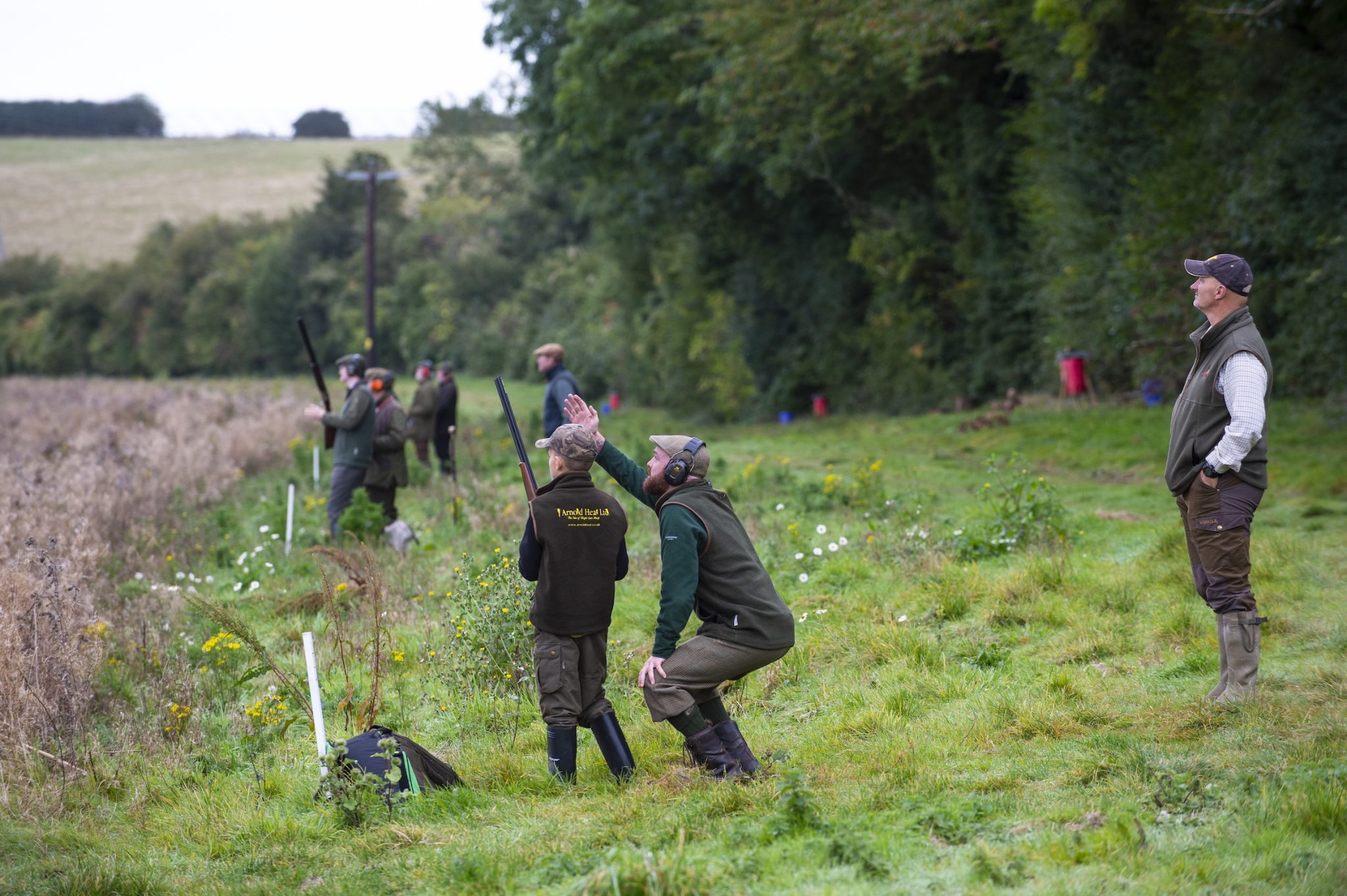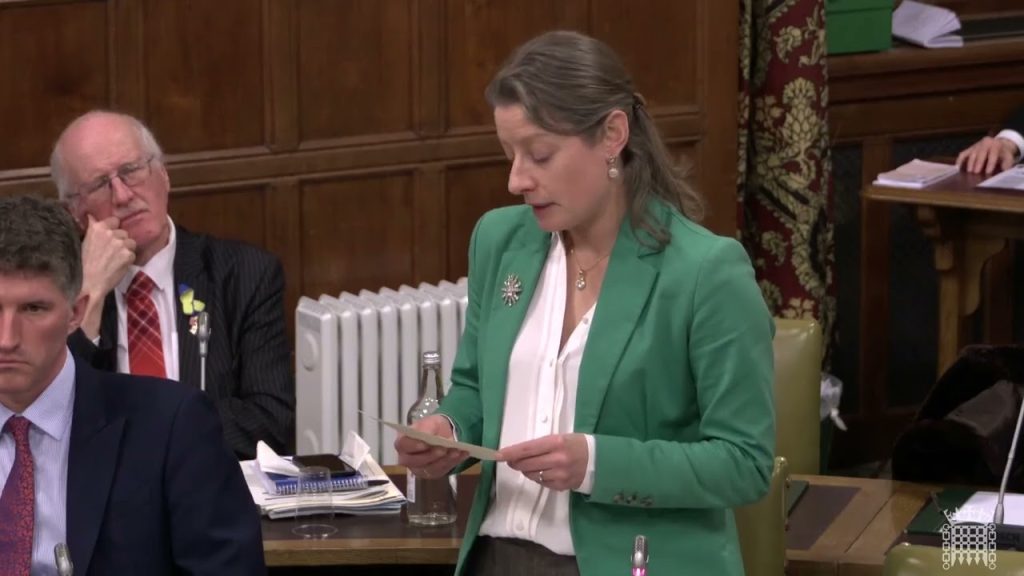The countdown is on for The British Shooting Show – book tickets online today and save on gate price!
Wild Justice continues to use environmental laws to attack shooting despite multiple defeats

This week the campaign group Wild Justice, whose multiple failed cases have cost the taxpayer tens of thousands of pounds, said they will appeal a ruling which dismissed their legal challenge to the muirburn regulations in England.
The case was summarily dismissed as “not arguable” on any of its grounds by a High Court judge. However, undaunted by the almost total absence of any
possibility of success, Wild Justice have announced that they have applied for the case to be ‘renewed’. This is similar to appealing a court’s decision and would need the first judge to be shown to have made an error in how he interpreted the law.
We are appealing (seeking renewal) in our legal challenge to @DefraGovUK inadequate regulations on burning on upland peatlands. https://t.co/mJU3SDtJMX@RewildingB @wildmoorsuk @theCCCuk @natalieben @LeighDay_Law @IUCNpeat @Campaign4Parks @guyshrubsole #COP26 #burning #climate pic.twitter.com/R75GjMtVTi
— Wild Justice (@WildJustice_org) October 23, 2021
Environment law
Recognising the ongoing threat from disruptive challenges of this type, BASC has appointed a head of environment law research. Dr Marnie Lovejoy has a PhD in law and is the former associate head of Portsmouth Law School. She is also an active beater and spaniel owner with longstanding family connections to shooting and gamekeeping.
Shooting Times understands that Dr Lovejoy will be tasked with probing multiple different aspects of environmental law to identify weaknesses and potential angles of attack which may be exploited by campaigners and looking at how such challenges can be headed off.
Commenting on her new role, Marnie said: “I wanted to follow my passion and this opportunity was pushing at an open door. While our sport faces many legal challenges, there are countless opportunities that we as a community can benefit from. I am excited to get underway immediately.”
Among the cases she is likely to examine is last week’s decision by the Scottish Courts on Beaver Cull licences. The Group ‘Trees for Life’ had brought a case arguing that the licences issued by Nature Scot to allow beaver culling were unlawful. However, High Court judge Lady Carmicheal ruled that the licences were lawful but that written justifications for them had to be issued. The case was seen as potentially having far wider implications for wildlife management licences in Scotland and the ruling is seen as a reassurance that other vital licences are legally robust.
BASC’s Ross Ewing explained that, “although this judicial review was very much specific to beavers, the implications will more than likely extend to other protected species that are controlled under licence.”
Related Articles
Get the latest news delivered direct to your door
Subscribe to Shooting Times & Country
Discover the ultimate companion for field sports enthusiasts with Shooting Times & Country Magazine, the UK’s leading weekly publication that has been at the forefront of shooting culture since 1882. Subscribers gain access to expert tips, comprehensive gear reviews, seasonal advice and a vibrant community of like-minded shooters.
Save on shop price when you subscribe with weekly issues featuring in-depth articles on gundog training, exclusive member offers and access to the digital back issue library. A Shooting Times & Country subscription is more than a magazine, don’t just read about the countryside; immerse yourself in its most authoritative and engaging publication.







